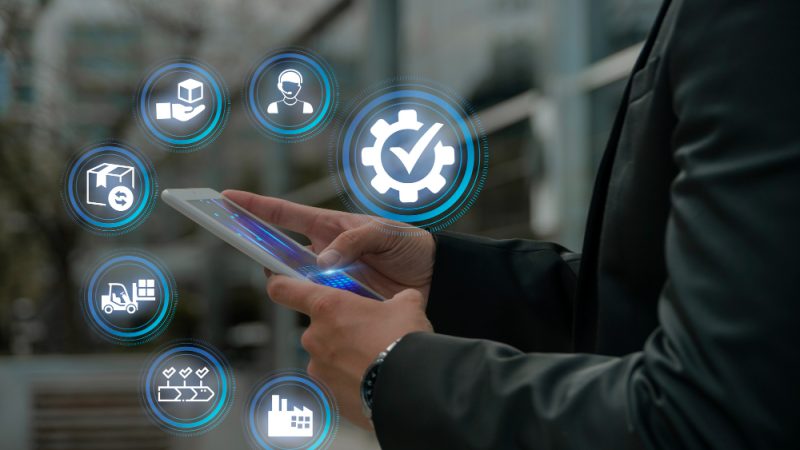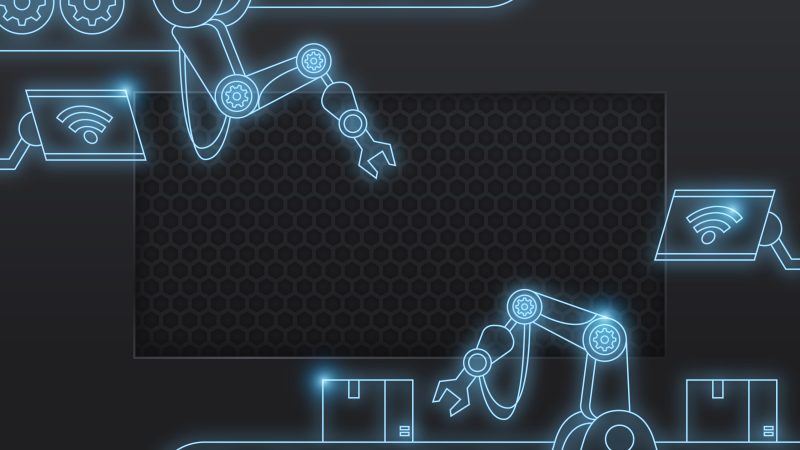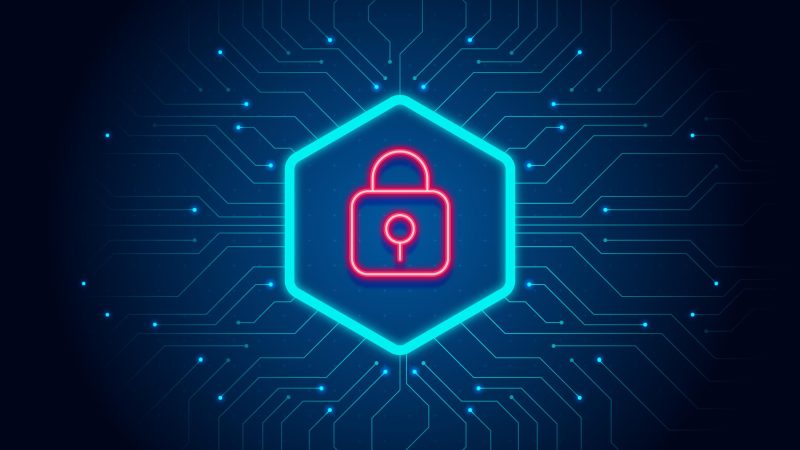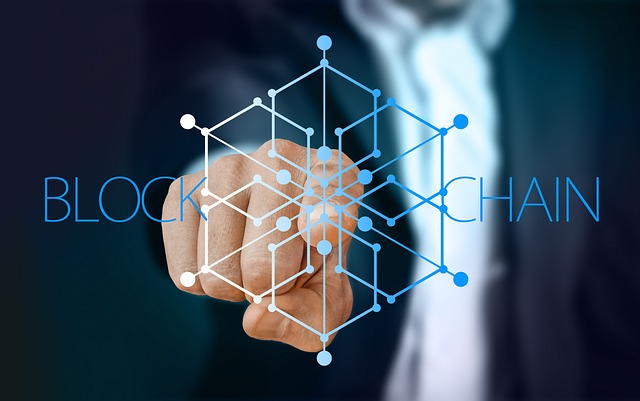Five Biggest Technology Trends for 2021
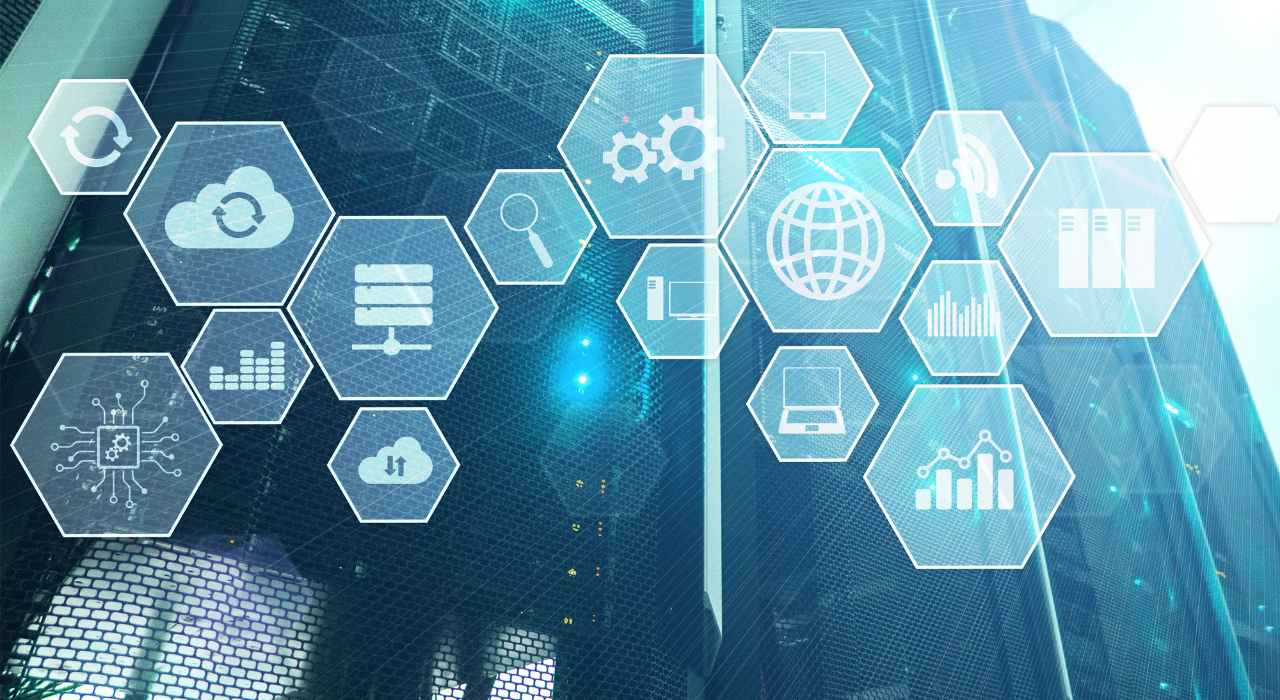
Even as new technologies are introduced, innovation in the application of existing technology is rapidly changing how businesses work and how we communicate with the rest of the world. This transition is being accelerated by advances in computing power, Gmail automation, data capture, and connectivity. Here are five things to keep an eye on in 2021 and beyond.
Technology Trends to Watch In
-
Artificial Intelligence
According to AI, machines with human characteristics, such as speaking, reading, seeing, and even recognizing emotion, complete tasks while also “learning” from repetitive experiences. Machines may perform tasks that are dangerous or repetitive more accurately or quickly than humans using algorithms that respond to position, voice, or user background.
According to Gartner, a US analysis and consulting company, all apps can use AI at some stage over the next few years. Importantly, AI allows companies to customize goods and services continuously, giving them a strategic edge over their competitors that is difficult to duplicate. ‘How can AI assist my organisation?’ is the question to ask.
-
VR & AR
People can immerse themselves in another world, respond to what’s around them, and change their virtual environment in real-time using systems that combine real-time 3D vision, sound, haptics (the sense of touch), position data, and even other senses like smell. This technology is increasingly being used in a wide range of human activities, from art and entertainment to commerce, education, and the military. It’s already being used to train physicians, nurses, teachers, and cops, and it’ll soon be available on your Mobile Phones. Could you use augmented reality to help your internal stakeholders become more efficient or to better connect with your customers?
-
Blockchain Technology
The digital currency’s fortunes While Bitcoin has brought Blockchain technology to the public’s attention, this secure framework for tracking and verifying transactions and preserving trustworthy records has the potential to disrupt a wide range of businesses. Companies are transforming time-consuming, centralized, less stable, and less secure processes with Blockchain technology. To give people a more direct voice in the democratic process, digital democracy platform MyVote, for example, uses Blockchain to store users’ data and voting history. Is it possible to use Blockchain to keep the data safe?
-
Automated systems
Manufacturing robots have been around since the 1960s. Automation is now firmly at the forefront of technology trends due to the size and scope of the transformation that automated systems enable due to other developments in machine learning and connectivity, for example. Automation will be a central subject of technological change, with potentially far-reaching economic and social implications, ranging from comfortable devices at home to large-scale industrial applications.
Professional services such as law and finance are currently being disrupted by automation, with input from these industries indicating that critical technological skills and management and people skills are more relevant than ever. What would be the effect of automation on your drive?
-
The Internet of Things (IoT)
The “intelligent digital mesh,” as described by Gartner, is a collection of technologies that link people, devices, information, and services. This is the basis for new business models, networks, and opportunities that will change the way we live and work, with consequences that extend far beyond technology and include fields like law, economics, business, and politics.
Although the implementation of IoT strategy is still in its early stages, it is clear that opportunities will exist for those with technical expertise to link platforms and those with data analytics skills to make use of the rich stream of data provided by IoT applications. What insights could you gain from connecting and analyzing data from your products or core operations?

